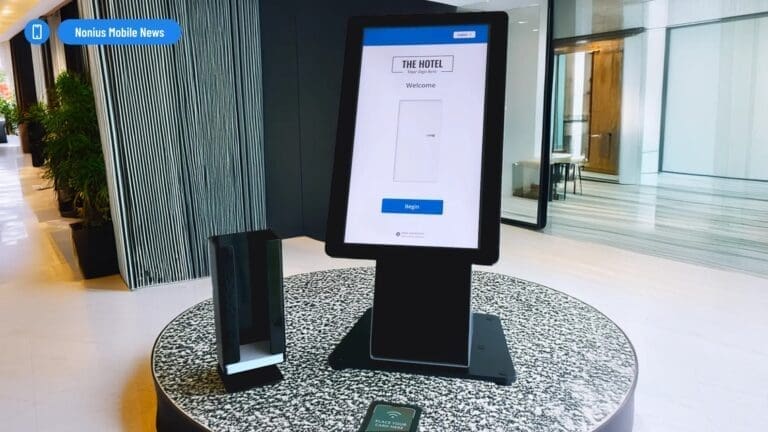 As technology continues to disrupt nearly every aspect of a hotel’s operations, one in particular that is about due to a serious upgrade is the front desk. Namely, with the demand – and often the expectation – for mobile check-in as well as having a host of services readily available via a connected app, it would seem as those the entire front office is destined for extinction. After all, there is a big cost here in terms of labor, so with all functionalities ably replaced by modern software why keep this ‘relic’ around?
As technology continues to disrupt nearly every aspect of a hotel’s operations, one in particular that is about due to a serious upgrade is the front desk. Namely, with the demand – and often the expectation – for mobile check-in as well as having a host of services readily available via a connected app, it would seem as those the entire front office is destined for extinction. After all, there is a big cost here in terms of labor, so with all functionalities ably replaced by modern software why keep this ‘relic’ around?
But therein lies a problem with overtly embracing technology to the point where we forget the core principles of hospitality. Great hotels are always more than just a place for a comfortable bed. A hallmark of true hospitality is service with a smile. If we eliminate the front desk altogether, we are losing a key point of contact between guests and our teams.
The contemporary process of mobile check-in succinctly demonstrates this point and its potentially harmful outcomes. Yes, such a feature allows customers to move expediently to their rooms without the hassle of loitering around in the lobby while they wait for a clerk to register that they’ve arrived and to confirm that housekeeping has finished cleaning. But the drawback here is that guests don’t interact with any staff members and the hotel cannot make a personal impression.
What’s at risk is a loss of emotional connectivity to the brand. With mobile check-in, it’s all just a series of austere ones and zeroes, and there’s no individual on the other end to demonstrate the property’s compassion and to develop rapport with incoming guests. If all hotels were to remove the front desk and the service agents behind them, then we are one step towards closer to all our properties being perceived as interchangeable because service, and the people who make that service happen, will always be a key differentiating factor amongst the myriad of hotel brands in any given region.
Still, though, this argument for preservation doesn’t exclude the front office from a serious overhaul. My suggestion is to keep the front office intact but drop the desk, with the first step being to rename said employees to something like ‘guest ambassadors’ so as to subtly imply what their focus should be.
With all major PMS providers and a host of other middleware vendors able to now offer tablet or mobile solutions for front office associates, the hybrid solution is to tear down the lobby check-in area, replace it with an extended lounge, and then have roving team members who are able to properly direct new arrivals as well as offer assistance to whomever saunters by to ask a specific question or just to use the free WiFi.
The front desk is somewhat standoffish anyway, so omitting the physical barrier will naturally boost rapport. In this case, said guest ambassadors can meet the current demand for flexibility while also allowing your front office team to juggle several different roles at once because they are chained to a computer terminal.
Ultimately, these types of contemporary upgrades – where we keep the core intact but use technology to streamline everything else – can be quite lucrative if executed effectively. And as always, if you think of these kinds of renovations not as operational replacements but simply as ways to make service better then you are bound to succeed.
This article may not be reproduced without the expressed permission of the author.

















